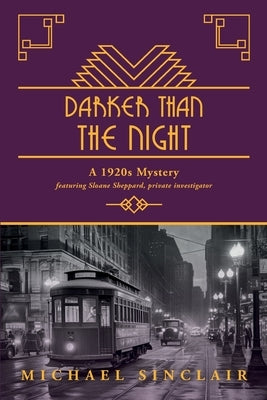The publication in 1882 of this classic book by "The Dean of American Letters"
marked his transition from magazine editor and author of some mildly received comedies of manners, to leading American novelist and champion of realism in American literature. The story of Bartley Hubbard, a philandering, dishonest Boston journalist, and Marcia Gaylord, the wife who divorces him, is the first serious treatment of divorce in American literature. Although Howells had considered writing the novel for years, the actual composition of it brought forth another theme besides that of divorce--that of new journalism. Yet these two innovative and powerful themes are no more than vehicles for Howells's real achievement--the perceptive delineation of contemporary American character, conditions in American culture, and the acute dislocations in ethical sensibility that fray the social fabric.
Bartley was still free as air; but if he could once make up his mind to settle down in a hole like Equity he could have her by turning his hand.About the AuthorWilliam Dean Howells (1837-1920) was born in Martins Ferry, Ohio. His father was a printer and newspaperman, and the family moved from town to town. Howells went to school where he could. As a boy he began learning the printer's skill. By the time he was in his teens he was setting type for his own verse. Between 1856 and 1861 he worked as a reporter for the
Ohio State Journal. About this time his poems began to appear in the
Atlantic Monthly. His campaign biography of Abraham Lincoln, compiled in 1860, prompted the administration to offer him the consulship at Venice, a post he held from 1861 to 1865. He married Elinor Gertrude Meade, a young woman from Vermont, in 1862 Paris. On his return to the United States in 1865, Howells worked in New York before going to Boston as assistant to James T. Fields of
The Atlantic Monthly. In 1871 he became editor-in-chief of the magazine. In this position he worked with many young writers, among them Mark Twain and Henry James, both of whom became his close friends. His first novel,
Their Wedding Journey, appeared in 1872.
The Rise of Silas Lapham was serialized in
Century Magazine before it was published in book form in 1885.
A Hazard of New Fortunes was published five years later. His position as critic, writer, and enthusiastic exponent of the new realism earned
William Dean Howells the respected title of Dean of American Letters.




















































